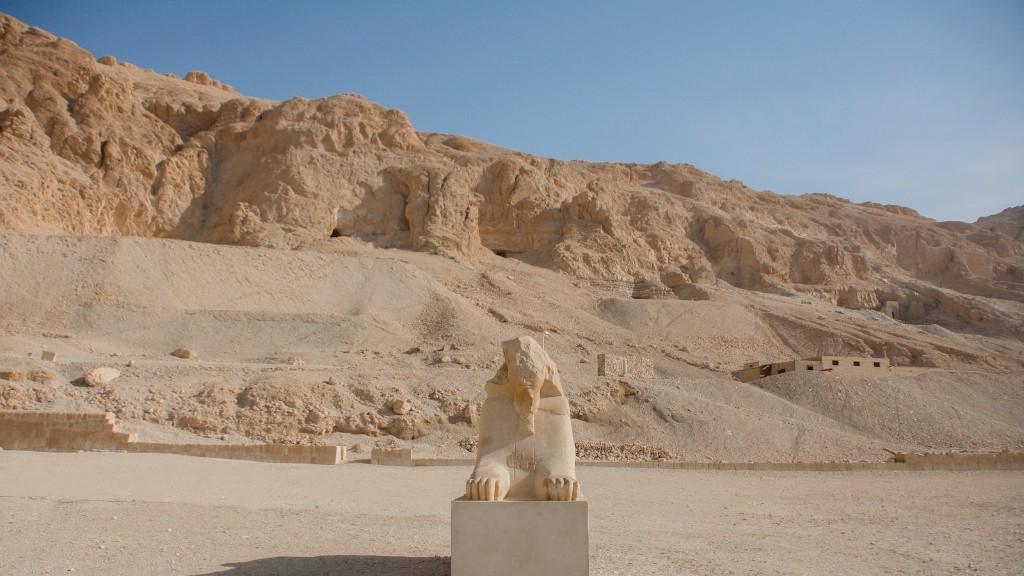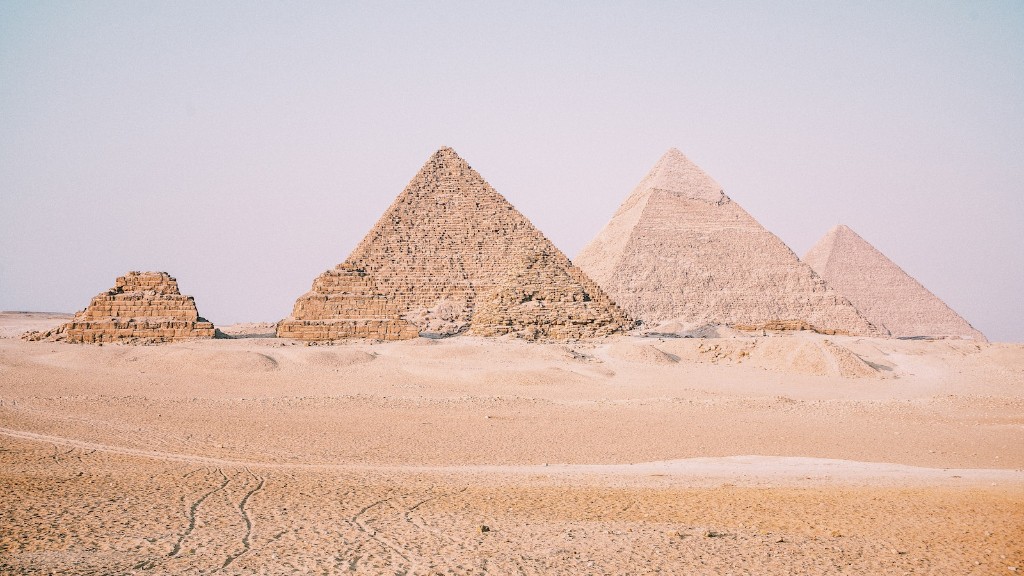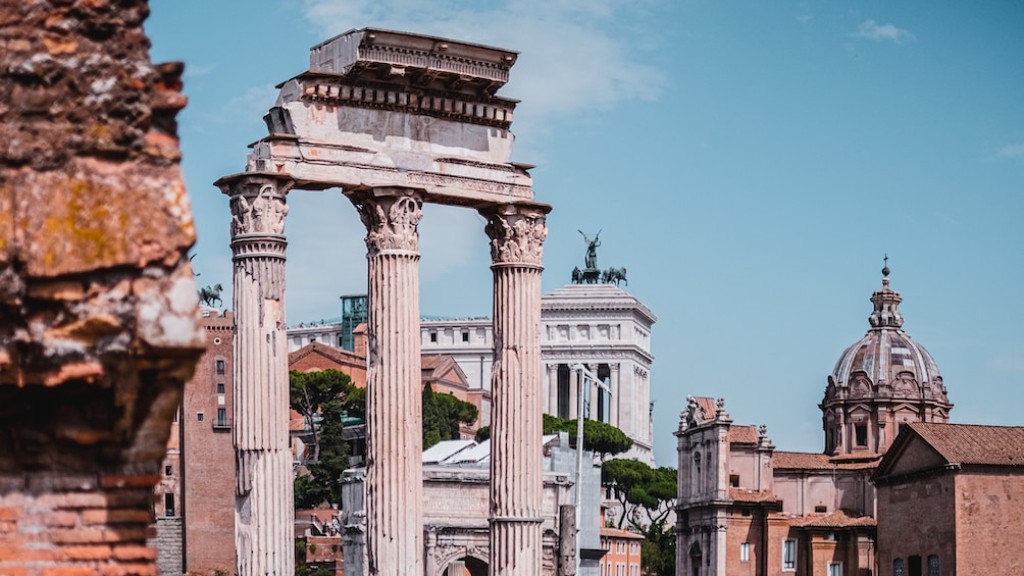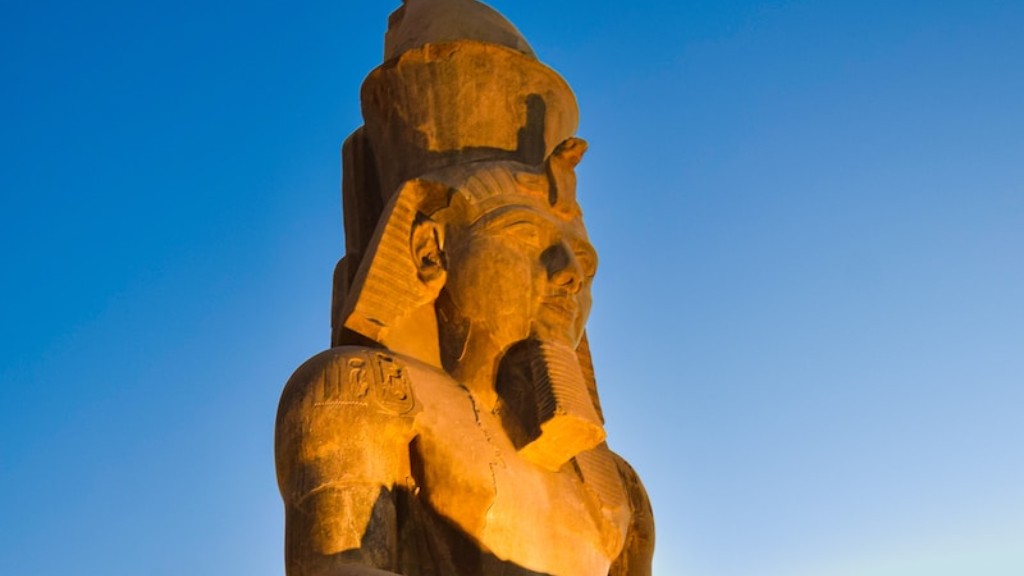The Nile River is synonymous with Ancient Egypt, especially the time of the Pharaohs. As the longest river in the world, it held a special place not only in connection with the river’s religious meaning with a series of gods and goddesses, but also crucial levels of transportation, agriculture, and empire. The value of the Nile River to Egypt and its citizens cannot be underestimated, as it is an integral part of the culture and the history of the country. It is an unmatched symbol of life and fertility throughout its turbulent waters.
The Egyptians used the Nile to their advantage in many ways. The river allowed the warring dynasties to send their fleets of soldiers up and down the Nile, resulting in a centralized system of government power and control. The Egyptians used the Nile to connect all of the major cities of the ancient world. They used it for trade, exchanging copper, gold, and other lucrative goods and products. This enabled Egypt to grow exponentially in terms of both territory and wealth.
Because the Nile was relatively self-contained, boats were used as a way to navigate the waters. The Egyptians created boats that were strong and ocean-worthy, allowing the Pharaohs to explore new lands. This gave them access to an array of resources, including precious metals, stones, and plants from other regions. It also allowed the Egyptians to access resources, such as timber and papyrus, from the delta of the Nile.
The flooding of the Nile also played an important role in Ancient Egypt. This was the time when the Nile flooded annually, usually from June to September. These floods brought silt and nutrients from the river’s watershed, which enriched the soil and made the land suitable for growing crops. This annual event also provided an efficient way to water the crops and made it possible for the Egyptians to irrigate their fields.
The Nile was also important in terms of religious worship, as the Egyptians believed that the river itself was considered a part of their god, Ra. Ra, the creator god, was the sun god who ruled over both heaven and the underworld. Ra is also associated with fertility and abundance, both of which were abundant in the Egyptian culture thanks to the Nile River.
In terms of daily life, the Nile also facilitated the transportation of goods and food. Fishermen and traders used the Nile to transport goods from place to place. It was also used as a way to transport food to those in need. This enabled the Egyptians to order supplies when needed, as well as to quickly spread economic news and messages throughout the region.
The Nile River was also a way to communicate with the gods and ensure that people had a strong connection with them. As the longest river in the world, it held a special place in the hearts of Egyptians who believed that it was a gift from the gods. The Nile was believed to be a source of good luck and prosperity, and it was honored through festivals and rituals such as the Minoan’s Boat Procession.
Agriculture
The Nile River played an indispensable role in Ancient Egypt’s agricultural system. As the river flooded, it brought fresh water and fertilizer, which the Egyptians used to irrigate their crops and enrich the soil. This not only helped them to produce an abundance of food but also to develop a prosperous agricultural system that sustained the population for centuries.
The Egyptians used the Nile for irrigation purposes by digging canals, wells, and reservoirs. They also developed dams and artificial islands to prevent the Nile from flooding too much. These irrigation techniques allowed Ancient Egyptians to increase their crop production and better manage the amount of water they had access to.
In addition, the Nile was used for transporting goods and food. With the help of boats and other vessels, Ancient Egyptians were able to ship and trade goods and food throughout the nation. The Nile allowed them to transport grain, stones, and other materials from one part of the country to another, creating economic growth and prosperity. It also allowed traders to access new markets and resources, leading to increased wealth for the Egyptians.
The Ancient Egyptians also used the Nile for trade. The river allowed Egyptians to trade goods and services with other civilizations around the Mediterranean basin, opening up new opportunities for the Egyptians to connect with other cultures. This allowed them to build a diverse trading network that went beyond just Egypt itself.
Military & Expansion
The Ancient Egyptians used the Nile for their military campaigns as well. The Pharaohs and their armies could launch ships up and down the river, allowing them to quickly and easily move along the river and take their soldiers to battlefields far away. This enabled the Pharaohs to expand Egypt’s borders and potentially take over vast swaths of land.
The river also allowed the Egyptians to transport troops and weapons from one place to another. It was a useful tool for the Pharaohs to quickly and effectively mobilize their army. This allowed the Egyptians to launch surprise attacks on their enemies and capture strategic positions in their rivals’ territory.
In addition, the Nile was used as a way to launch offensive raids. The river provided a perfect opportunity for the Egyptians to sneak up on their enemies and launch surprise attacks. This gave them the upper hand in battles, as their opponents were often unable to detect their presence up until the last minute.
The Nile also helped secure the Pharaoh’s power. By controlling the river, the Pharaoh had the ability to move his armies quickly, crush rebellions and take over neighboring territories. This cemented his power and enabled the Pharaoh to create a powerful kingdom.
Religion & Rituals
The Ancient Egyptians had a deep and abiding connection with the Nile. The river was a central piece of their religious beliefs. The Nile was believed to be a living deity, and the Pharaohs often sought to gain favor from it by participating in religious ceremonies and rituals. For example, Pharaohs took part in sacred boat processions down the river, honoring Ra, the sun god.
The Ancient Egyptians also believed that the Nile was a key to their prosperity. They saw it as a source of life and fertility, and this was reflected in their religious beliefs and rituals. The Egyptians used the river to bring water and nourishment to their crops, as well as to honor Ra and other gods. They also held a ceremony every year to celebrate the annual Nile flooding.
The Nile was also important to the Ancient Egyptians in terms of daily life. People used the river to transport goods and food to distant parts of Egypt. Fishermen used the river to catch fish and other seafood, providing a crucial source of sustenance. Farmers used the river to water their crops. And merchants used the river to trade goods and services with other countries.
Conclusion
The Nile River was an important part of life for the Ancient Egyptians. It provided them with water, sustenance, trade, transportation, and an important link to the spiritual realm. The river allowed the Pharaohs to expand their kingdom and control vast swaths of territory. It also played an important role in their religious beliefs and rituals. The impact of the Nile on the Ancient Egyptians cannot be overstated, and it stands as an integral part of their culture and history.




